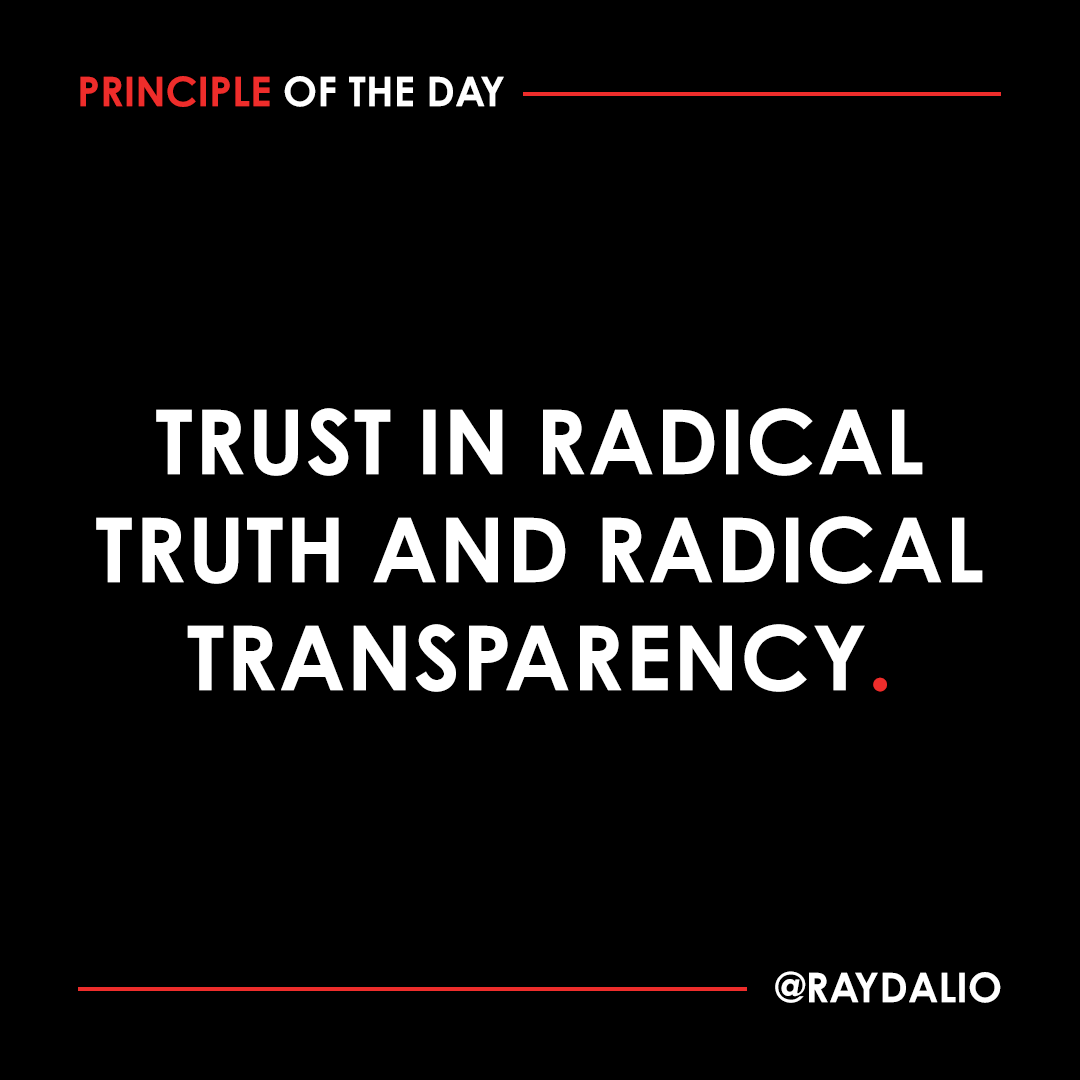
Since the beginning of time, when governments spent much more than they took in in taxes and conditions got bad, they ran out of money and needed more, (1/4)
so they printed more, which made its value fall and made the prices of most everything, including stocks, gold, and commodities, rise. (2/4)
When central banks print a lot of money to relieve a crisis, buy stocks, gold, and commodities, because their value will rise and the value of paper money will fall. (3/4)
To understand what’s happening now, you can watch my free video on the Changing World Order here: #changingworldorder
• • •
Missing some Tweet in this thread? You can try to
force a refresh








